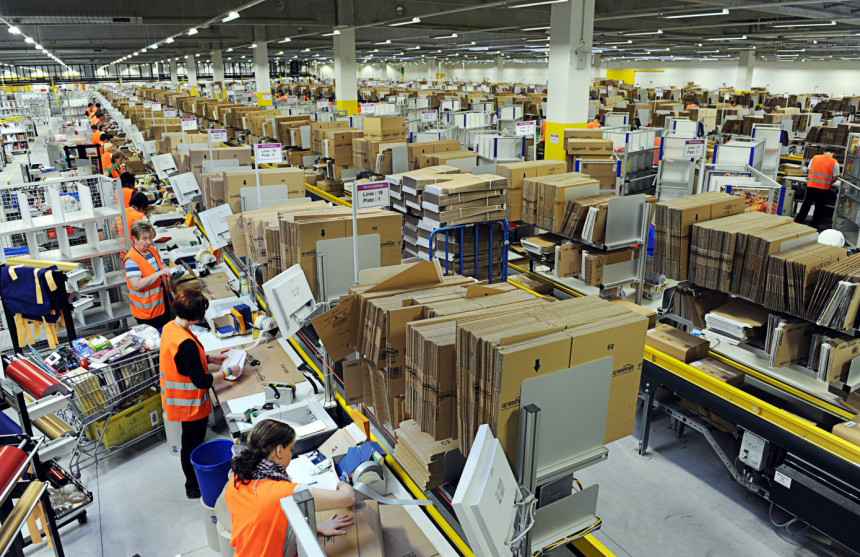Workers at an Amazon warehouse in Staten Island, New York, have voted by a clear majority to unionise. The vote in favour of establishing the ‘Amazon Labor Union’ was by a margin of 2,654 votes to 2,131, on a 58% turnout.
This is an historic vote, as it is the first US Amazon site to unionise. It is highly significant, not least because Amazon is the second largest private employer in the country, after Walmart stores.
Last year, Amazon workers in Bessemer, Alabama, narrowly lost an attempt to unionise their workplace due to a vicious anti-union campaign waged by Amazon chiefs, set against a political-legal climate in the US which militates against trade unions. However, the vote at Bessemer could still be overturned on appeal in favour of unionisation in the coming weeks.
As the Socialist pointed out at the time, “conditions determine consciousness, and bad working conditions and terms of employment will push workers at some stage, both in Amazon and at other workplaces, to collectively organise.”
Amazon bosses, along with the US Chamber of Commerce and the National Retail Federation, are clearly angered by the result. Instead of recognising that the move to unionise flows from poor working conditions and abusive management, they sourly blamed the result on “undue interference” by the National Labor Relations Board (NLRB), the government body which administered the vote.
Having won union recognition the workers now have to fight to win a contract that will realise higher wages and improved working conditions.
Although deindustrialisation, union busting practices, and conservative trade union leaders have led to an overall decline in unionisation in the US over the last 40 years – to just 10.5% of the total workforce – a majority of Americans view unions favourably.
In a recent survey by the Pew Research Center, 58% of US adults say union decline has been ‘somewhat or very bad for the country’, while 61% say ‘this has been bad for working people’.







